Neuroscience
-
 Health & Medicine
Health & MedicineThere’s a stigma around brain implants and other depression treatments
The fifth article in the series asks why people are so uncomfortable with changing the brain.
-
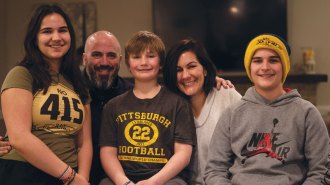 Neuroscience
NeuroscienceWhat’s the future of deep brain stimulation for depression?
The final story of the series describes efforts to simplify and improve brain implants for severe depression.
-
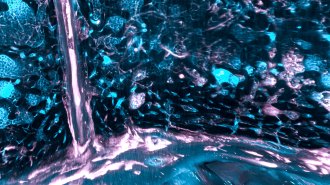 Neuroscience
NeuroscienceBone marrow in the skull could be used to monitor Alzheimer’s, MS and more
New observations of skull cell signals and skull tunnels suggest bone marrow there could be used to monitor neurological diseases.
-
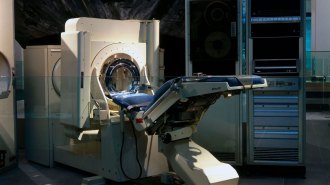 Health & Medicine
Health & Medicine50 years ago, X-rays provided an unprecedented look inside the brain
CT scans can now image the whole body and are even used in other scientific fields such as archaeology, zoology and physics.
-
 Neuroscience
NeuroscienceThree ways of rejuvenating aging brains may work via the same protein
Three brain rejuvenation methods may exert their effects through the same molecule, at least partly, which could lead to therapies for cognitive decline.
By Simon Makin -
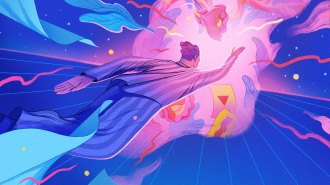 Neuroscience
NeuroscienceHere’s what lucid dreamers might tell us about our sleeping minds
Lucid dreaming could prove to be a powerful tool for probing dreams, one of the most universal yet elusive human experiences.
-
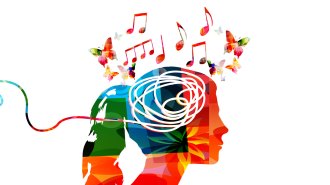 Neuroscience
NeuroscienceNeuroscientists decoded a Pink Floyd song using people’s brain activity
The technique could be used to improve devices that allow communication from people unable to speak.
-
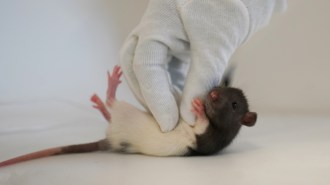 Neuroscience
NeurosciencePlayful behavior in rats is controlled by a specific area of their brains
Cells in a brain region called the periaqueductal gray are activated by chasing and tickling, a study finds. Blocking their activity reduces play in rats.
By Simon Makin -
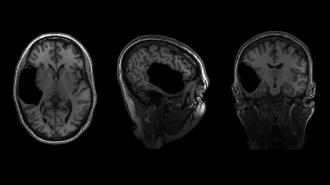 Neuroscience
NeuroscienceElyse G.’s brain is fabulous. It’s also missing a big chunk
A new project explores interesting brains to better understand neural flexibility.
By Meghan Rosen -
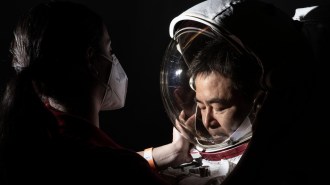 Neuroscience
NeuroscienceBrain cavities that swell in space may need at least 3 years to recover
MRI scans of astronauts show that duration in space and time between flights affect how much the brain’s fluid-filled cavities expand during missions.
-
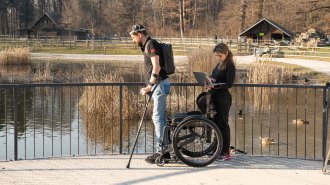 Neuroscience
NeuroscienceA brain implant helped a man with paralysis walk more naturally
A successful test of a system that restores communication between the brain and spine could ultimately help many people with paralysis.
By Simon Makin -
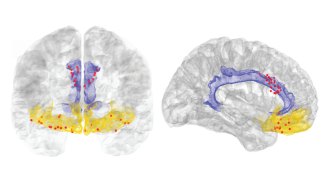 Neuroscience
NeuroscienceBrain implants have revealed a signature for chronic pain
Brain implants in four people with chronic pain gave researchers an inside look at the debilitating condition.